Proven waterproofing solutions that keep your basement dry year-round, protecting your home and health.
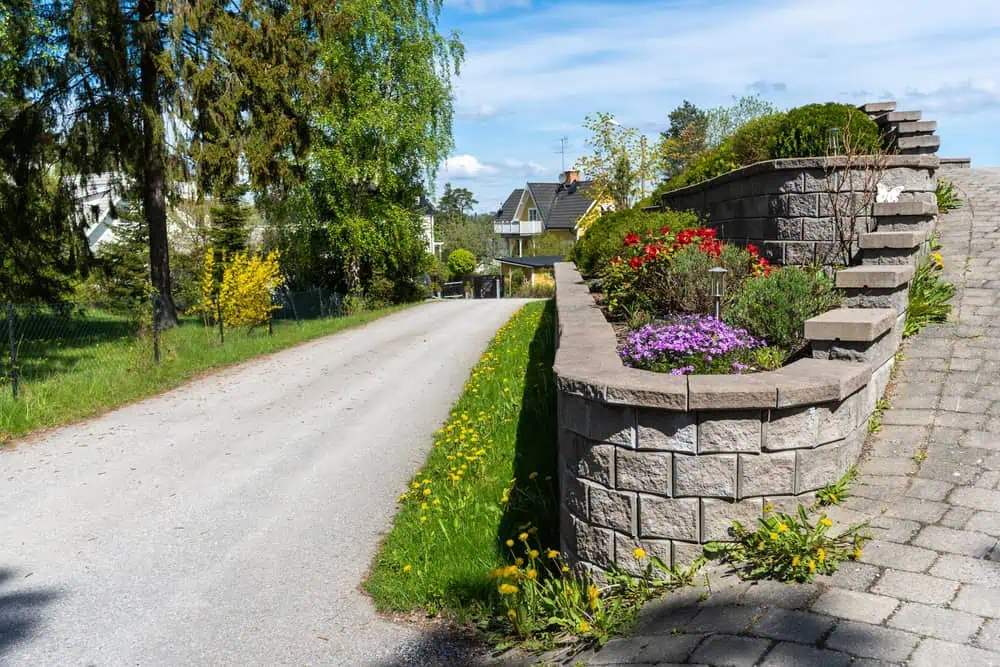
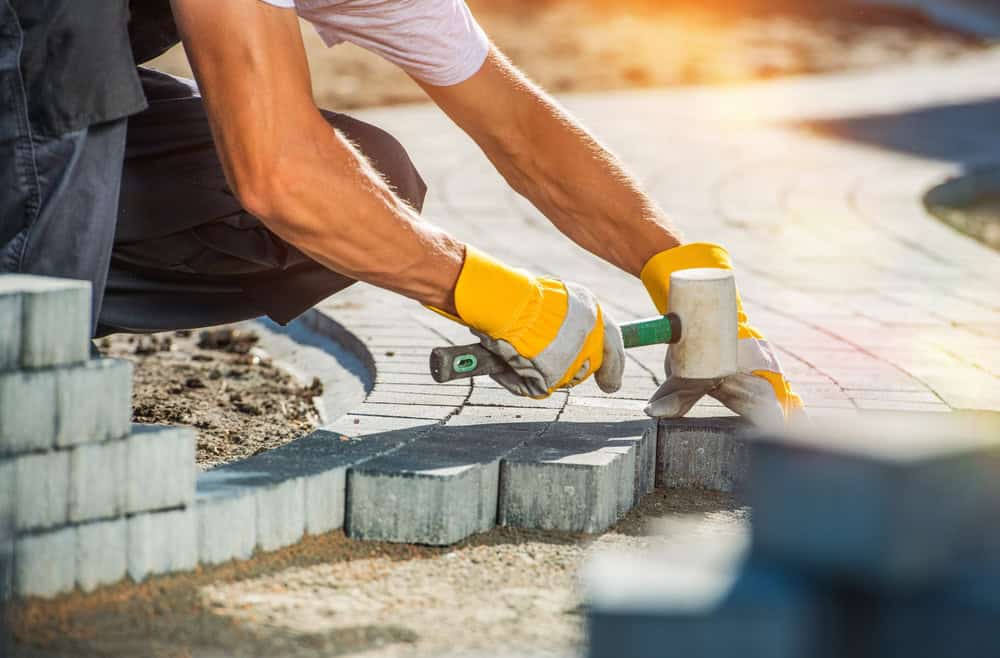
You get your space back. No more avoiding the basement because of that musty smell or worrying about what you’ll find after the next heavy rain.
A properly waterproofed basement means you can actually use that space. Store holiday decorations without them getting ruined. Set up a workshop or exercise area. Maybe even finish it into livable space down the road.
The health benefits matter too. When you eliminate moisture, you eliminate the mold and mildew that can affect your family’s breathing and overall air quality throughout your entire home. Your heating and cooling systems work more efficiently when they’re not fighting against basement humidity.
Academy Masonry has been handling foundation and waterproofing challenges in Massachusetts for years. We understand how Wilmington’s freeze-thaw cycles create the cracks that let water in, and we know which solutions actually work long-term.
We’re not the guys who show up with a one-size-fits-all approach. Every basement is different, and every water problem has its own cause. We figure out where your water is coming from before we recommend how to stop it.
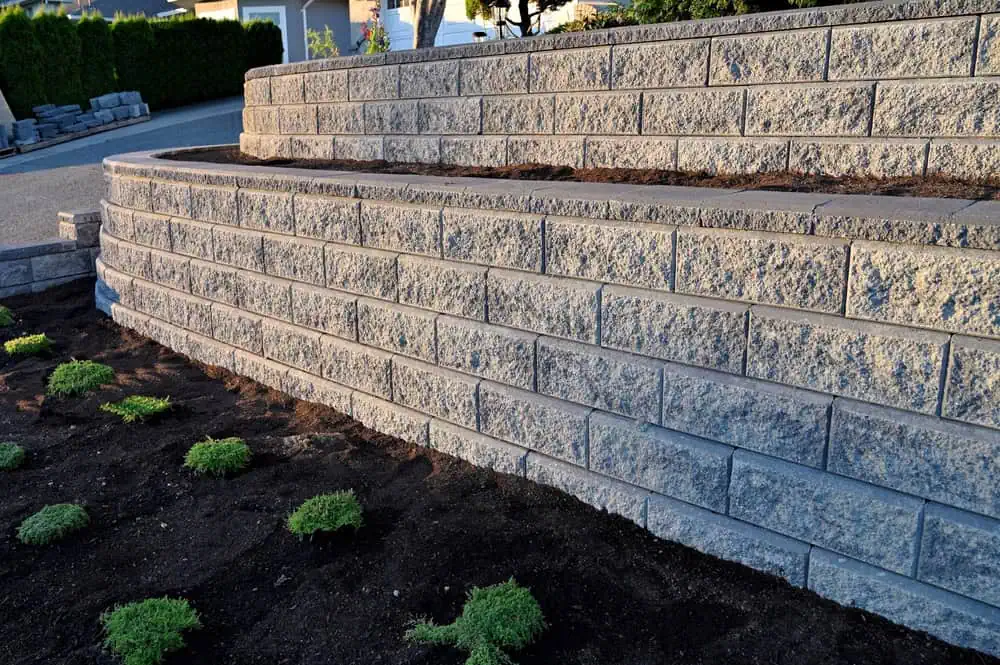
First, we find where the water is getting in. Sometimes it’s obvious foundation cracks, but often it’s more subtle issues with drainage or hydrostatic pressure. We inspect both the interior and exterior to get the full picture.
Next, we address the root cause. This might mean sealing cracks with professional-grade materials, installing or upgrading drainage systems, or applying interior basement sealing to create a moisture barrier. For severe cases, we might recommend exterior waterproofing or sump pump installation.
The goal is a system that works together. Proper drainage moves water away from your foundation. Quality sealers block moisture penetration. And if needed, mechanical systems like sump pumps handle any water that does make it in.
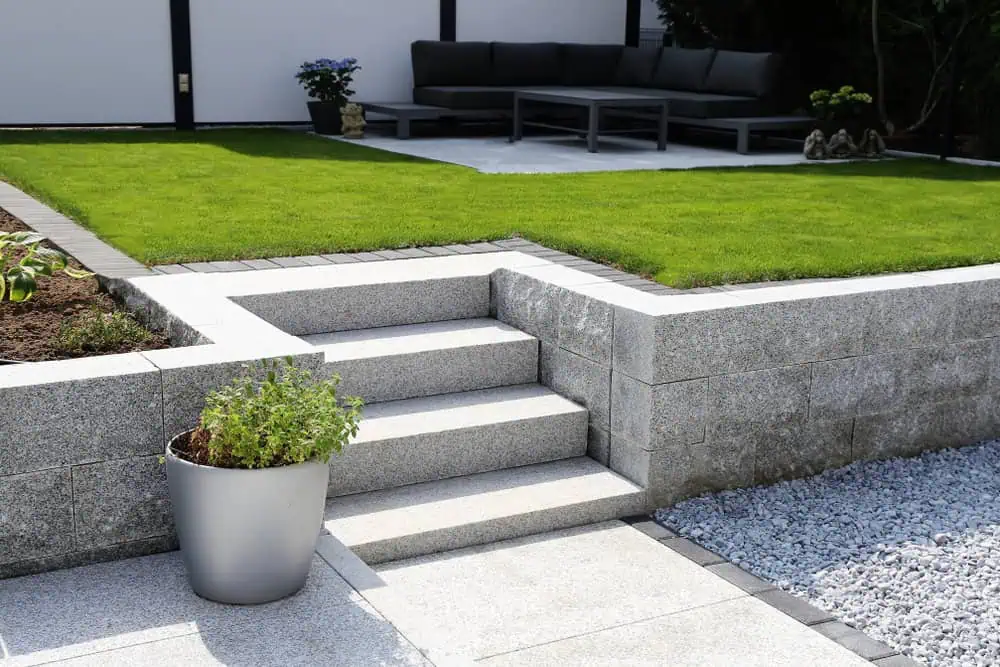
Ready to get started?
Interior basement waterproofing typically includes crack repair, wall sealing with moisture barriers, and drainage improvements. We use foundation sealers that actually bond to your concrete or stone walls, not just paint-on products that fail after a few years.
Exterior solutions address the problem at its source. This means proper grading, drainage system installation or repair, and exterior wall treatments that prevent water from reaching your foundation in the first place.
For homes with recurring flooding issues, we install sump pump systems designed to handle Wilmington’s heavy spring rains and rapid snow melts. The key is matching the solution to your specific situation, not selling you the most expensive option.
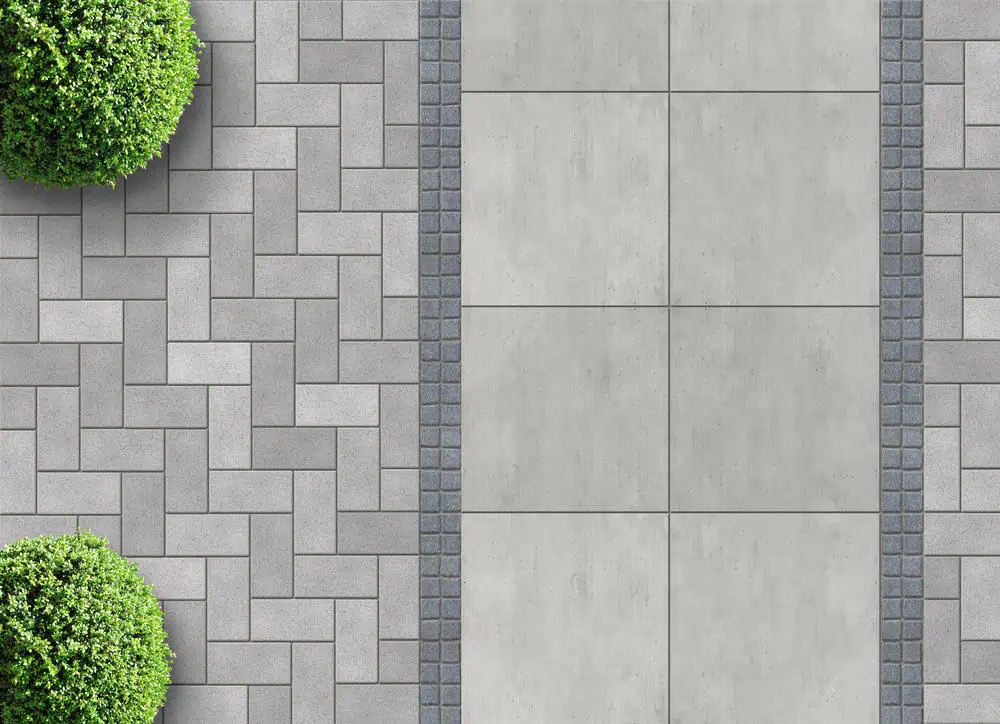
Local Resources